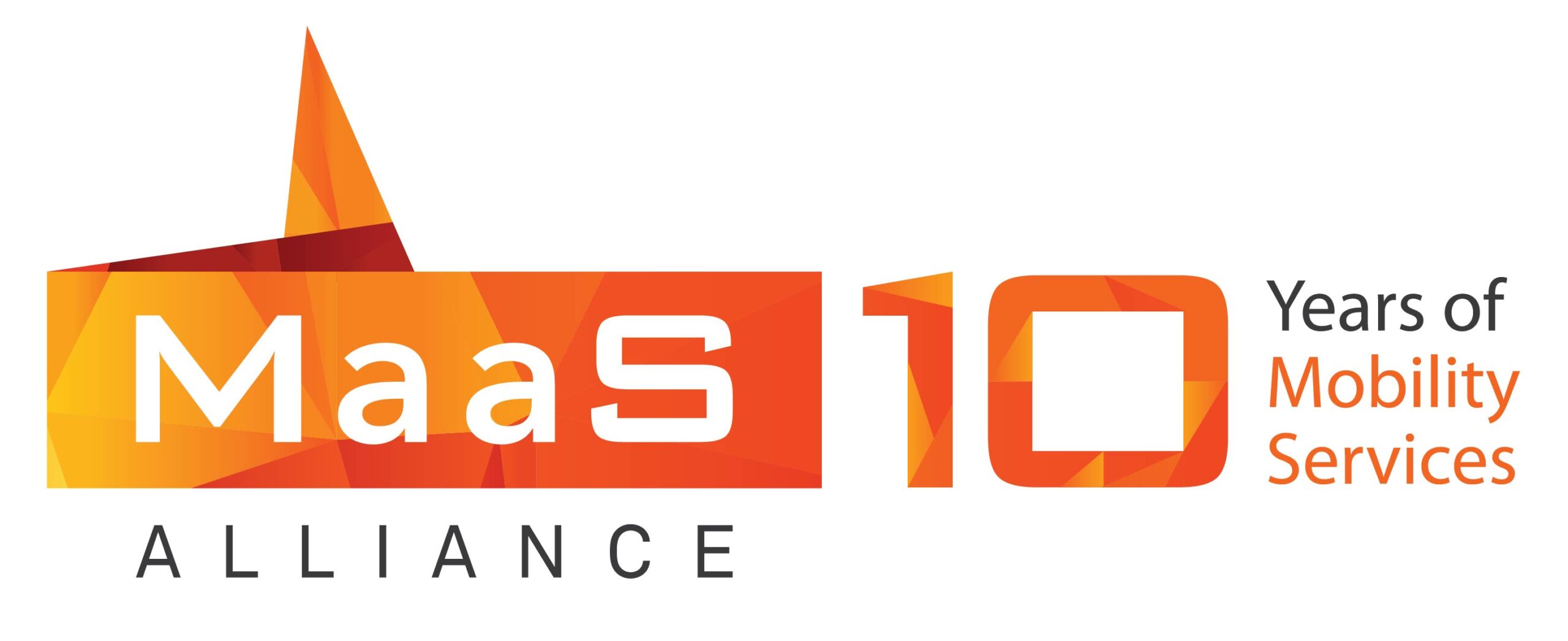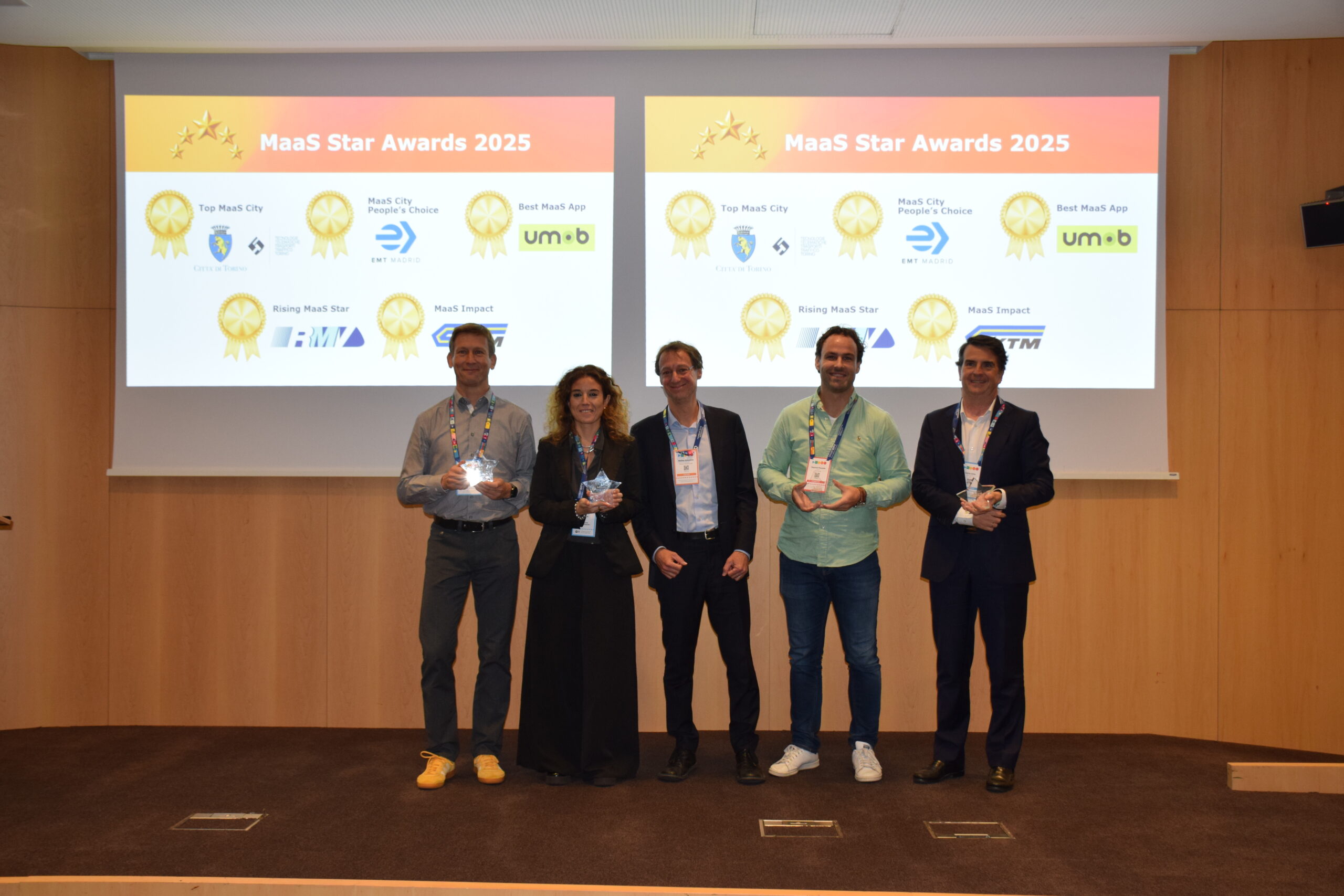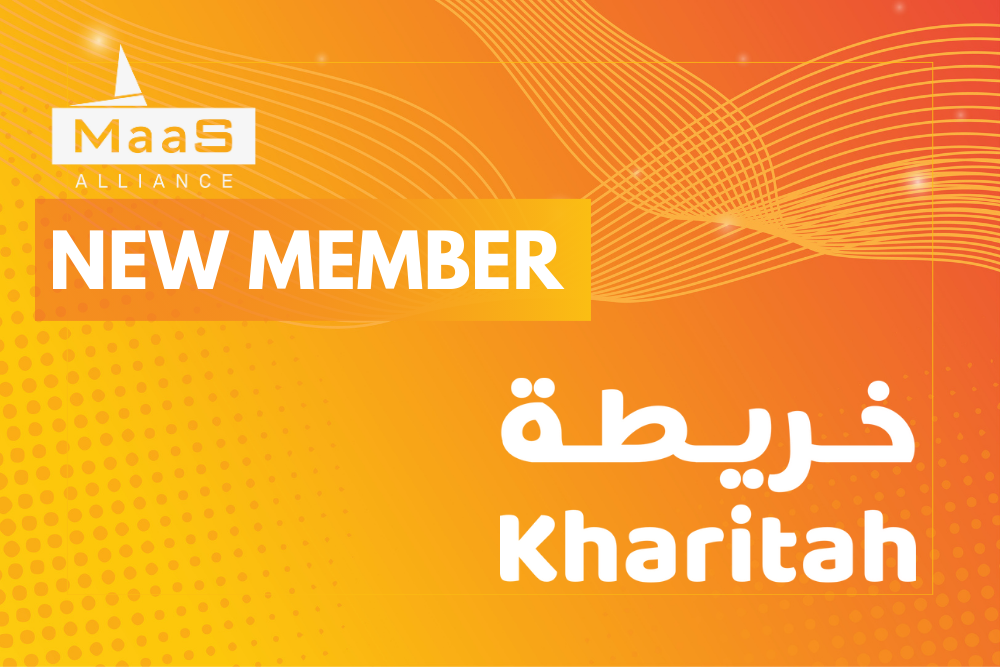A riveting exchange of experiences and opinions on Mobility-as-a-Service (MaaS) took place this week in Westminster. MaaS Alliance Senior Manager Piia Karjalainen attended a public inquiry at the UK’s House of Commons Transport Committee at Westminster, along with other knowledgable MaaS experts: Paul Campion (Chief Executive Officer, Transport Systems Catapult), Simon Ho (Chair of Executive Board, TravelSpirit Foundation) and Dr Maria Kamargianni (Head of MaaSLab, UCL Energy Institute).
During the meeting, the four experts answered questions from Members of the Parliament about the use, benefits, risks and implementation of MaaS, resulting in a very productive meeting, highlighting what need to be the next steps to develop this new transport service. Based on the evidence provided, the Committee will publish its recommendations for a national Mobility-as-a-Service policy for consideration at the UK Department for Transport.
How is MaaS different from what we have today?
MaaS can provide the integration of different transport services into a single mobility service, accessible on demand. “What creates a real added-value compared to existing services and a product, MaaS really gets you there”, said Ms Karjalainen. This would mean creating a really attractive alternative for the use and ownership of private cars.
The three key factors that set MaaS apart from other transport offerings are:
- A unique service that includes a multitude of transport modes on demand;
- The implementation of a single payment through a digital platform. “You pay for a monthly subscription and basically all your travel needs for that certain period of time are covered”, reported Ms Karjalainen;
- Real-time travel information, thanks to which the user can always be informed about various aspects of the trip, including delays, disruptions and others.
“Thanks to digitalisation, we have for the first time the impression of what users really need and therefore MaaS is developing based on the demand we have”, said Piia Karjalainen from MaaS Alliance. “With MaaS, the user is provided information throughout the journey, thanks to a reliable service operator who gives the customer the information needed in case of any disruptions during the journey”, concluding by saying that a framework for a Bill of rights for the MaaS user will be presented this September at the ITS World Congress in Copenhagen.
The discussion proceeded with a series of questions and answers about the benefits of MaaS, the risks of introducing this new integrated transport service and, most importantly, the obstacles that this service is facing in its implementation. With regards to this last aspect, all experts shared a common view: “Open data policy is a really good starting point for regulation if you would like to promote a MaaS environment”, underlined Piia Karjalainen, citing the Finnish example, where the government recently adopted a law that obligates transport providers to share data.
Paul Campion, Chief Executive Officer, Transport Systems Catapult, underlined the need to work with others and find out what are the barriers and obstacles to the development of the MaaS system, while Mr Ho said that “we need more experimentation to convince people to make investments and take this further. Only this way we can get companies to engage in commercial agreements”.
One last remark was made regarding the role of governments.
“A central role is played by data policy. Giving open access to data and making sure that there’s access to the market for several transport service operators can provide the chance to integrate and have new mobility services “, Piia Karjalainen.
The meeting at the UK House of Commons Transport Committee had a successful outcome. Many questions were raised and clarifications were given, concluding with all members agreeing on the importance of collaboration, integration of the transport modes and creating policies to enable a “MaaS friendly” market characterised by data sharing to enhance the user’s experience with transportation.
The full recording of the public inquiry is available on the House of Commons website here.



